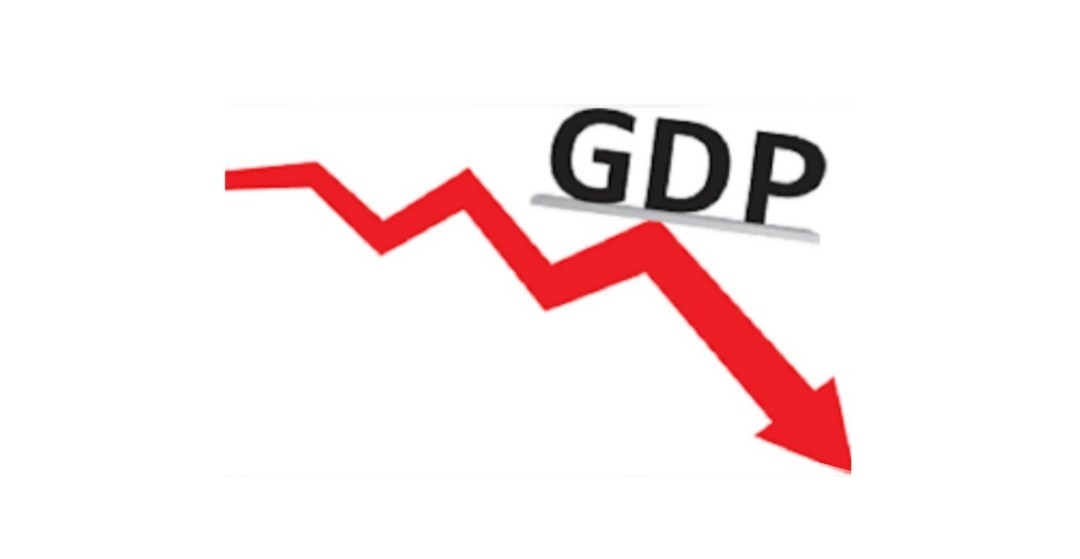Asset quality to deteriorate, driven by non-performing loans of MSMEs.
A sharp slowdown in India’s economic growth exacerbated by the COVID-19 outbreak will hurt public sector banks’ (PSBs) asset quality, and result in sharp increases in credit costs, hurting profitability, according to Moody’s Investors Service.
Red flag: NPLs and credit costs will rise in the next two years, depleting PSBs’ capital buffers. | Photo Credit: V. Sreenivasa Murthy
This will lead to a depletion of the already weak capital buffers of the PSBs, it wrote in a report.
“We estimate the PSBs will need ₹1.9-₹2.1 trillion ($25-$28 billion) in external capital over the next two years to restore their loss- absorbing buffers. The most likely source of capital to plug the capital shortfalls will be government support, despite the completion of a large recapitalisation by the government several months ago,” it said. The banks’ asset quality will deteriorate, led by retail and small business loans. “We expect the Indian economy will contract sharply in fiscal year ending March 2021 before returning to growth, though modestly, in the next fiscal,” it said.
As a result, formation of new non-performing loans (NPLs) will accelerate substantially, driven by retail and micro, small and medium enterprises (MSME) segments.
Although the one-time loan restructuring allowed by the RBI will prevent a sudden rise in NPLs, NPLs and credit costs will increase in the next two years, hurting PSBs’ already weak profitability and depleting their capitalisation, it said. It said the banks will face large capital shortfalls again as credit costs will rise. Of the estimated about ₹2.0 trillion required in the next two years, PSBs will need about ₹1.0 trillion to build loan-loss provisions to about 70% of NPLs, which will leave them with enough capacity to grow loans at 8%-10% annually, faster than the 4% in March 2021.
With a capital infusion of this magnitude, banks would also be able to maintain capitalization at levels comparable to those of similarly rated peers globally, with Common Equity Tier 1 (CET1) ratios of at least 10%, it said.
Moody’s said to ensure financial stability, the government will continue to provide capital support for PSBs.
Stating that uncertainty surrounding India’s economic recovery as well as the ongoing clean-up of balance sheets were making it difficult for most PSBs to raise equity capital from markets, Moody’s said adding the PSBs will continue to need support from the government to plug their capital shortfalls.
“We expect the government to infuse fresh funds into them as it has done in the past. If PSBs”, which dominate the banking system, in India, fail to function properly in the absence of state capital support, India the country will face a deepening credit crunch, hampering its economic recovery,” Moody’s added.
With inputs from The Hindu

